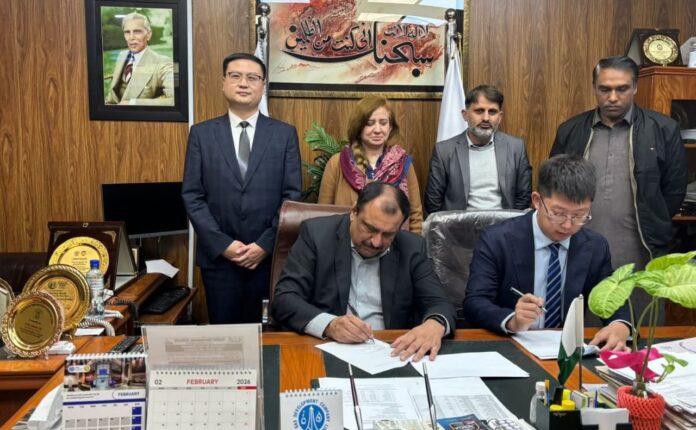WhatsApp – The Meta-owned messaging platform has issued a stern warning to the Modi government, insisting it is ready to shut down its operations in India if it is forced to change its chat encryption.
The standoff between the tech industry and the Indian government reflects the growing tension over privacy and surveillance issues.
WhatsApp’s encryption protocol, which provides end-to-end security for users’ communications, has been at the center of controversy amid allegations of government overreach and violations of civil liberties. Efforts by the Modi administration to access the WhatsApp data of political opponents have been criticized, with authoritarian tactics accused of violating democratic principles.
The legal battle reached the corridors of the Delhi High Court, where WhatsApp’s legal counsel reiterated the company’s stand that it will not bow to government pressure. By underscoring the importance of user privacy, WhatsApp’s controversial stance reflects the broader struggle to protect digital rights in an era of increased state surveillance.
The Modi government’s aggressive stance against political dissidents and multinational corporations has raised concerns about the erosion of democratic values in India. Previous calls and alleged espionage have raised concerns for the government, while new strict rules on social media platforms have raised concerns about speech and privacy.
As the legal battle is launched, a key question arises: Can the Modi government succeed in unfettered control and dissemination of information? With WhatsApp’s strong opposition and public concern, the outcome of this high-profile speech could shape the future of digital governance in India.







